Solving COVID: March 10, 2021
New COVID treatments show promise, research shows the Pfizer vaccine works against the Brazil variant, and more
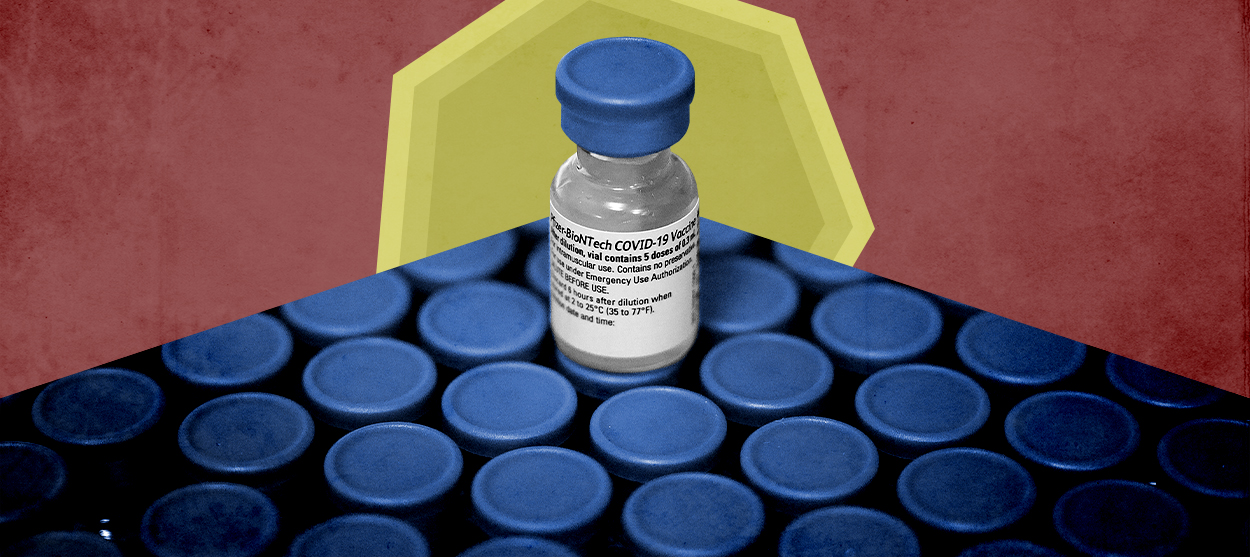
- 1. Study: Pfizer vaccine works against Brazil coronavirus variant
- 2. Newly FDA-approved T-cell test seen as big improvement over COVID antibody screens
- 3. Antidepressant used to treat OCD shows promise as COVID-19 early treatment
- 4. Experimental antiviral drug shows promise in treating COVID-19
- 5. Eli Lilly combination therapy reduces COVID-19 hospitalizations and deaths
1. Study: Pfizer vaccine works against Brazil coronavirus variant
The Pfizer-BioNTech COVID-19 vaccine appears to be highly effective against the more contagious coronavirus variant discovered in Brazil, scientists from the two companies and the University of Texas Medical Branch reported in a study published in the New England Journal of Medicine. The findings came as public health experts warned that highly transmissible variants could drive a new surge in infections as more states lift restrictions intended to fight the pandemic. The Centers for Disease Control and Prevention said Monday that people who have been fully vaccinated against the coronavirus can safely gather in small groups without masks or social distancing, but urged those who have been fully vaccinated to continue to wear masks and take other precautions when in public or when meeting with unvaccinated people.
2. Newly FDA-approved T-cell test seen as big improvement over COVID antibody screens
The Food and Drug Administration last week granted emergency use authorization to a T-cell test aimed at detecting previous coronavirus infection. Currently, antibody tests serve as the primary means for determining whether someone has had COVID-19, but accuracy levels vary, and studies have shown antibody levels wane after a few months, which means the timing of the test is key. T-cells, another component of the body's immune system, generally have a longer memory, making them a strong candidate to provide a more reliable answer about prior infection. ABC News reports that researchers are hopeful the T-cell test, which was launched by biotech firm Adaptive in collaboration with Microsoft, will be particularly useful for so-called COVID-19 long-haulers, who are still experiencing symptoms after supposedly recovering from the virus. The test will cost $150 out-of-pocket.
Subscribe to The Week
Escape your echo chamber. Get the facts behind the news, plus analysis from multiple perspectives.

Sign up for The Week's Free Newsletters
From our morning news briefing to a weekly Good News Newsletter, get the best of The Week delivered directly to your inbox.
From our morning news briefing to a weekly Good News Newsletter, get the best of The Week delivered directly to your inbox.
3. Antidepressant used to treat OCD shows promise as COVID-19 early treatment
As the U.S. COVID-19 vaccination drive ramps up, doctors are still in need of treatments for people who contract the new coronavirus, and one promising drug being tested in a national trial is fluvoxamine, an inexpensive generic antidepressant developed 40 years ago and used most commonly to treat obsessive-compulsive disorder (OCD), 60 Minutes reported. In a small trial, none of the COVID-19 patients who took fluvoxamine got sicker, versus 8 percent of those who took placebos. Other less rigorous studies showed similar results. National Institutes of Health director Francis Collins called fluvoxamine a promising "tool" to fill the "big need" for "a drug that you can take by mouth that you could be offered as soon as you had a positive test and that would reduce the likelihood that that virus is going to make you very sick."
4. Experimental antiviral drug shows promise in treating COVID-19
A preliminary study shows that molnupiravir, an experimental antiviral drug, significantly reduced infectious virus in COVID-19 patients after five days of treatment. The drug is being developed by Ridgeback Biotherapeutics and Merck. Testing is ongoing, and if further results show the drug can treat COVID-19 patients exhibiting symptoms, it could be the first oral antiviral used to fight the disease, The Wall Street Journal reports. The preliminary results are from a Phase 2 trial, which studied the effect of different doses in 182 people who had first reported COVID-19 symptoms within the previous week, tested positive during the most recent four days, and were not hospitalized. After five days, tests were unable to detect infectious virus in volunteers who took molnupiravir twice a day. Among those who received placebos, infectious virus was found in 24 percent of participants. The study also found that after three days, volunteers who took larger doses had lower levels of infectious virus than those who took the placebo.
A free daily email with the biggest news stories of the day – and the best features from TheWeek.com
5. Eli Lilly combination therapy reduces COVID-19 hospitalizations and deaths
Eli Lilly said Wednesday its combination antibody therapy "significantly" cut the risk of COVID-19 deaths and hospitalizations. In a phase 3 study consisting of more than 750 high-risk patients with COVID-19, a combination of bamlanivimab and etesevimab reduced the risk of hospitalization and death by 87 percent, the company said. This was the second large study that showed the combination therapy, which was previously authorized by regulators, is effective against mild to moderate COVID-19 cases, though a prior study used a higher dosage. Daniel Skovronsky, Eli Lilly chief scientific officer, said the study offers "health-care providers additional information regarding the use of bamlanivimab and etesevimab together as a potentially life-saving treatment to help those most at risk for severe complications of COVID-19."
-
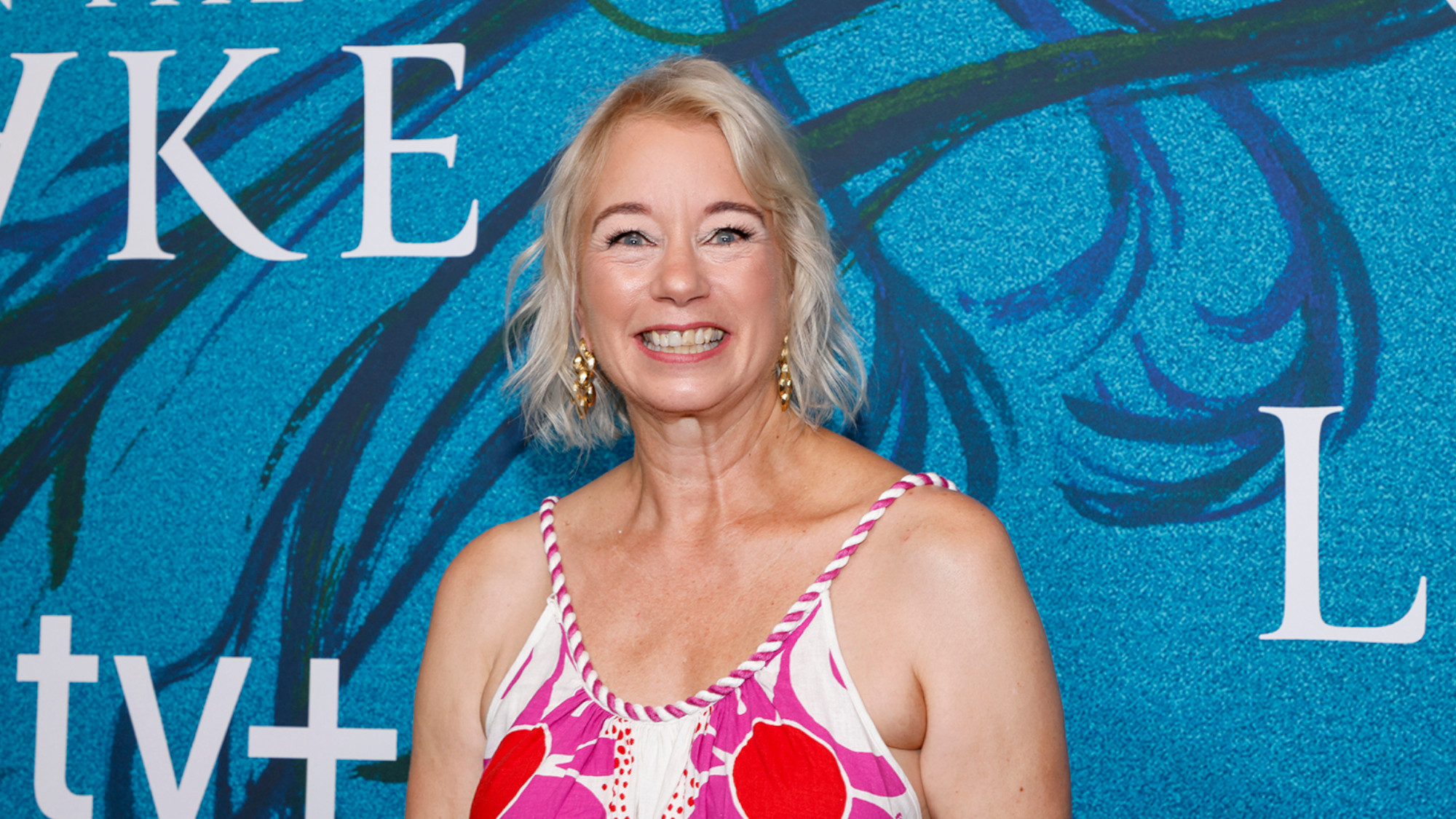 Laura Lippman's 6 favorite books for those who crave a high-stakes adventure
Laura Lippman's 6 favorite books for those who crave a high-stakes adventureFeature The Grand Master recommends works by E.L. Konigsburg, Charles Portis, and more
-
 Book reviews: 'Bad Company: Private Equity and the Death of the American Dream' and 'Desi Arnaz: The Man Who Invented Television'
Book reviews: 'Bad Company: Private Equity and the Death of the American Dream' and 'Desi Arnaz: The Man Who Invented Television'Feature Private equity and the man who created 'I Love Lucy' get their close-ups
-
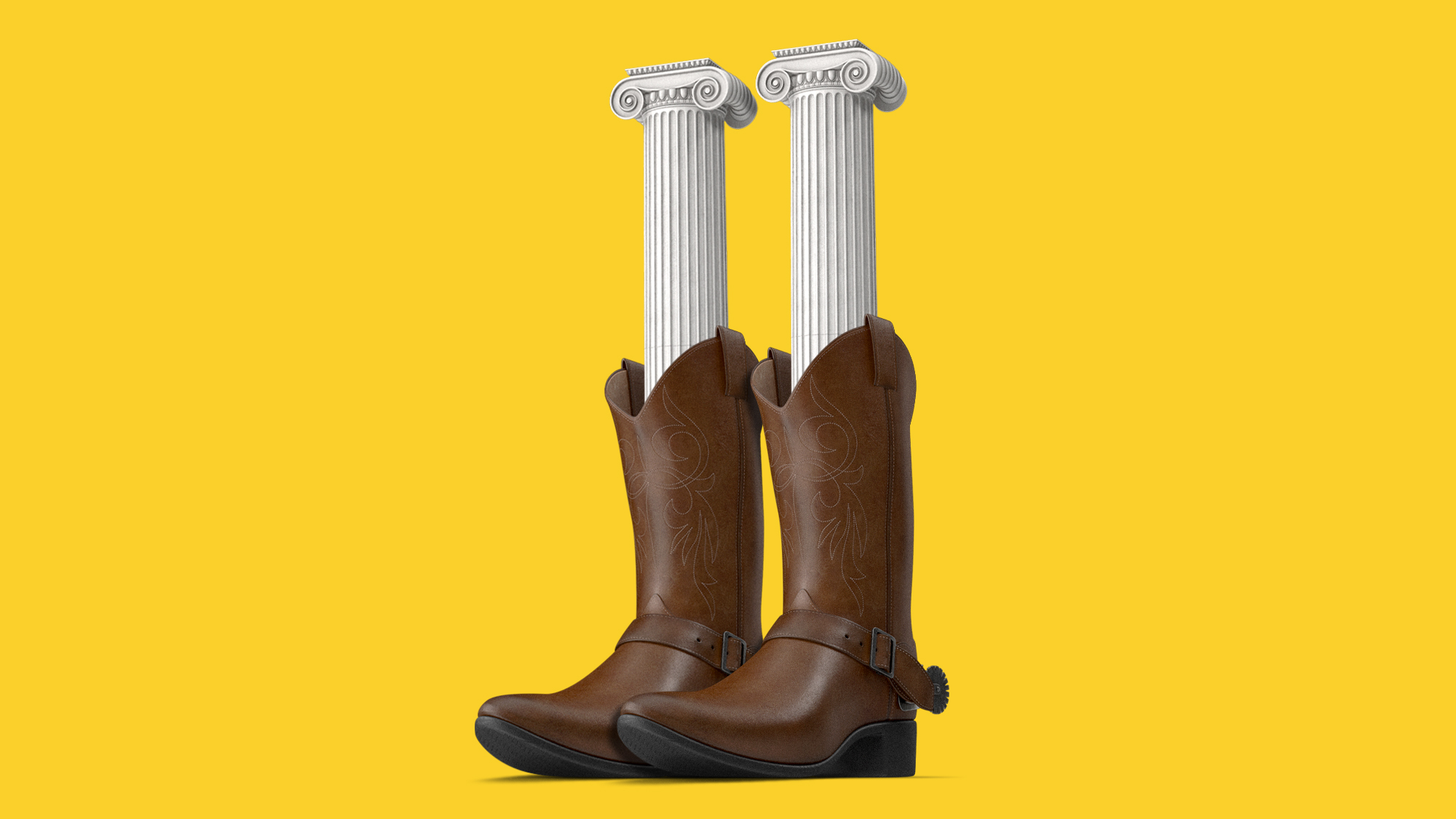 Can Texas redistricting save the US House for the GOP?
Can Texas redistricting save the US House for the GOP?Today's Big Question Trump pushes a 'ruthless' new plan, but it could backfire
-
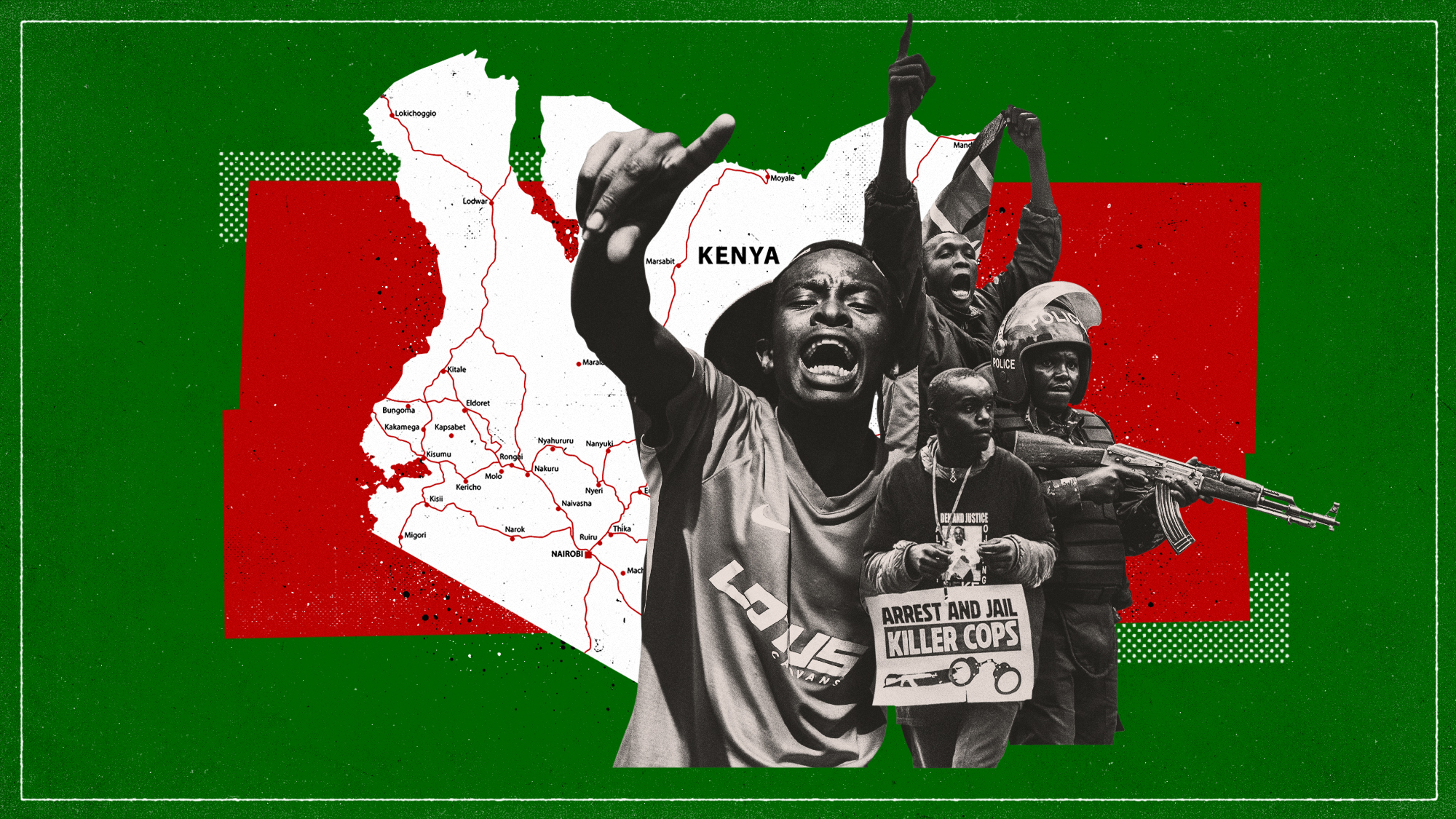 One year after mass protests, why are Kenyans taking to the streets again?
One year after mass protests, why are Kenyans taking to the streets again?today's big question More than 60 protesters died during demonstrations in 2024
-
 What happens if tensions between India and Pakistan boil over?
What happens if tensions between India and Pakistan boil over?TODAY'S BIG QUESTION As the two nuclear-armed neighbors rattle their sabers in the wake of a terrorist attack on the contested Kashmir region, experts worry that the worst might be yet to come
-
 Why Russia removed the Taliban's terrorist designation
Why Russia removed the Taliban's terrorist designationThe Explainer Russia had designated the Taliban as a terrorist group over 20 years ago
-
 Inside the Israel-Turkey geopolitical dance across Syria
Inside the Israel-Turkey geopolitical dance across SyriaTHE EXPLAINER As Syria struggles in the wake of the Assad regime's collapse, its neighbors are carefully coordinating to avoid potential military confrontations
-
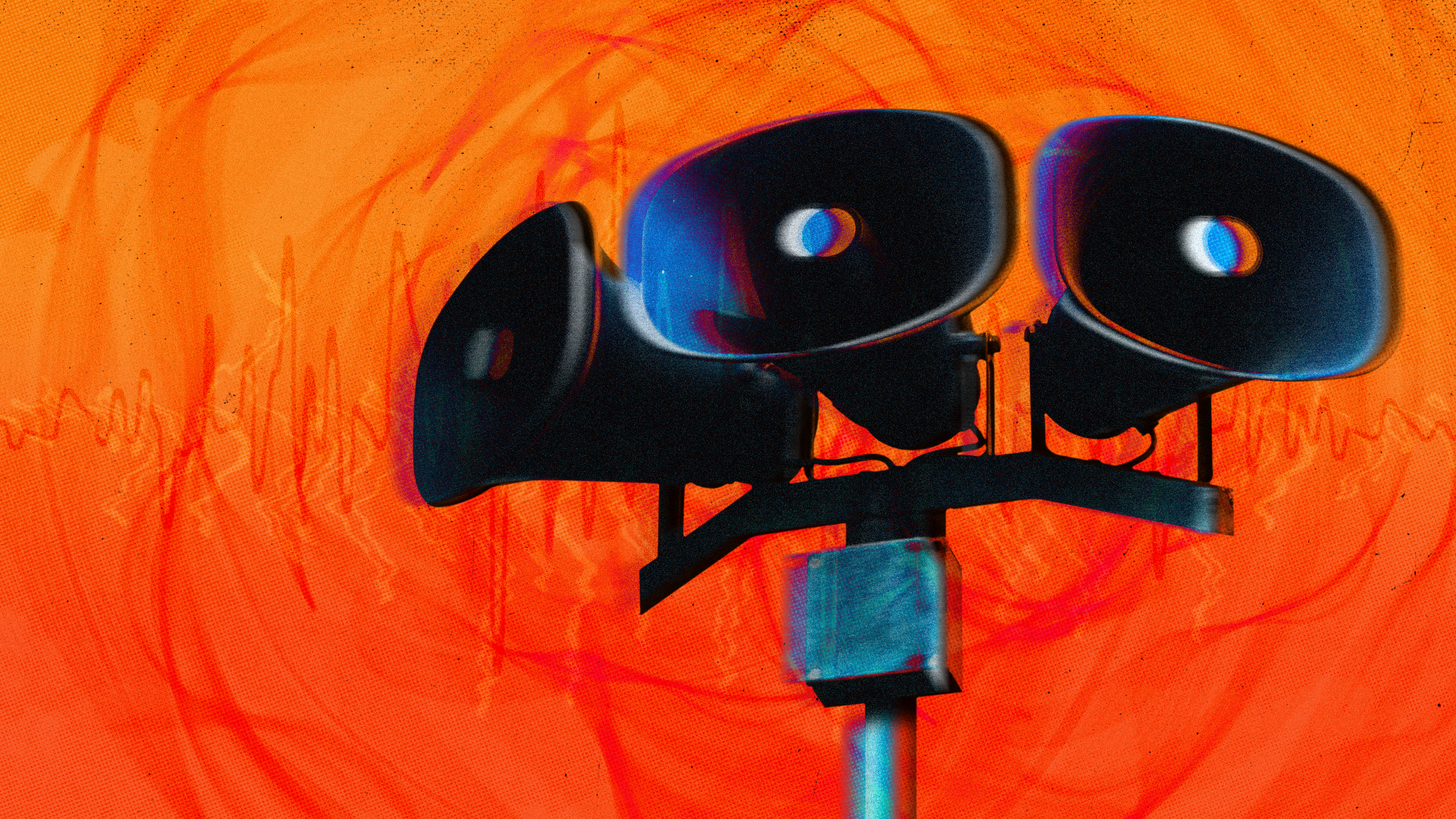 'Like a sound from hell': Serbia and sonic weapons
'Like a sound from hell': Serbia and sonic weaponsThe Explainer Half a million people sign petition alleging Serbian police used an illegal 'sound cannon' to disrupt anti-government protests
-
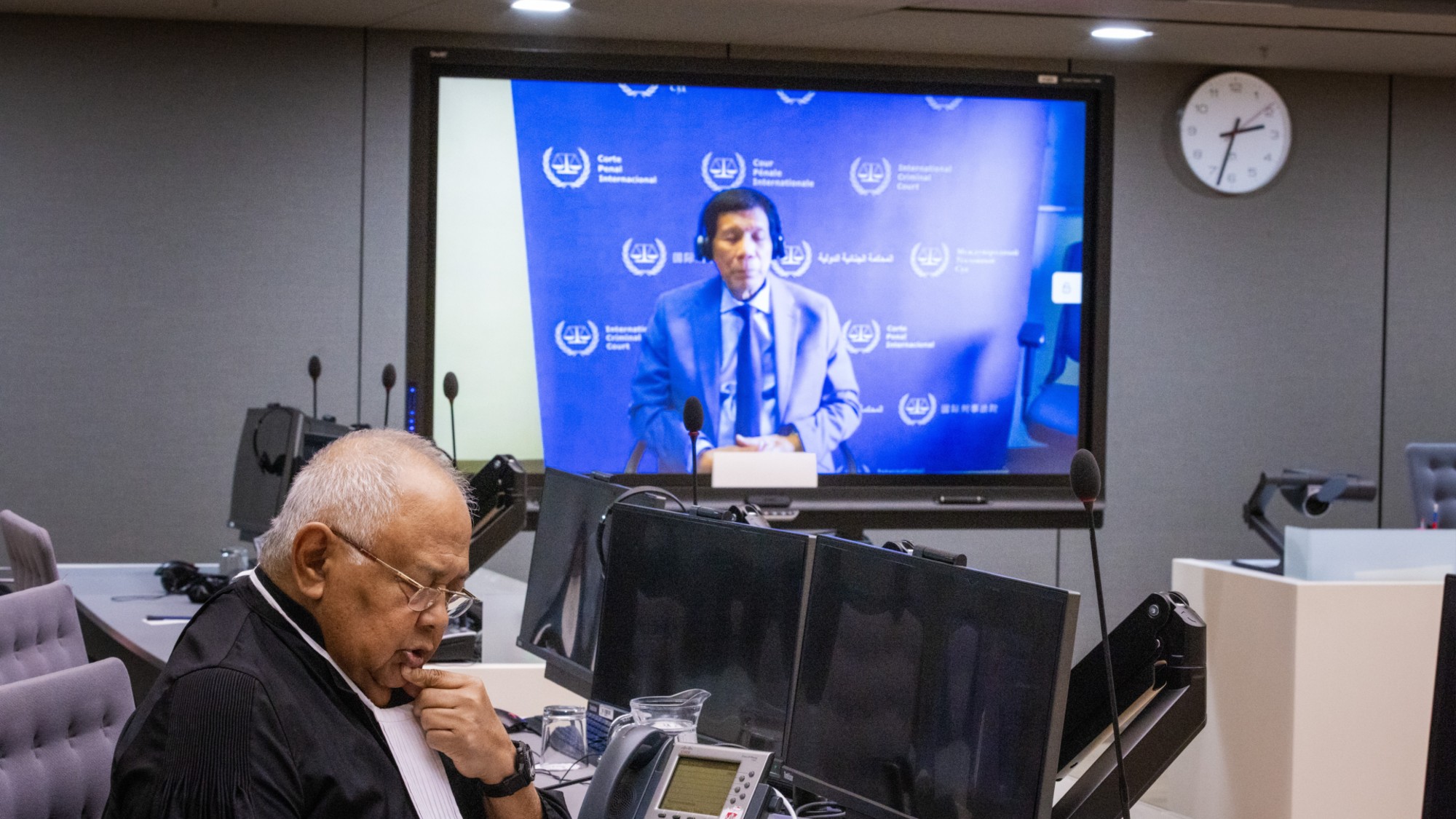 The arrest of the Philippines' former president leaves the country's drug war in disarray
The arrest of the Philippines' former president leaves the country's drug war in disarrayIn the Spotlight Rodrigo Duterte was arrested by the ICC earlier this month
-
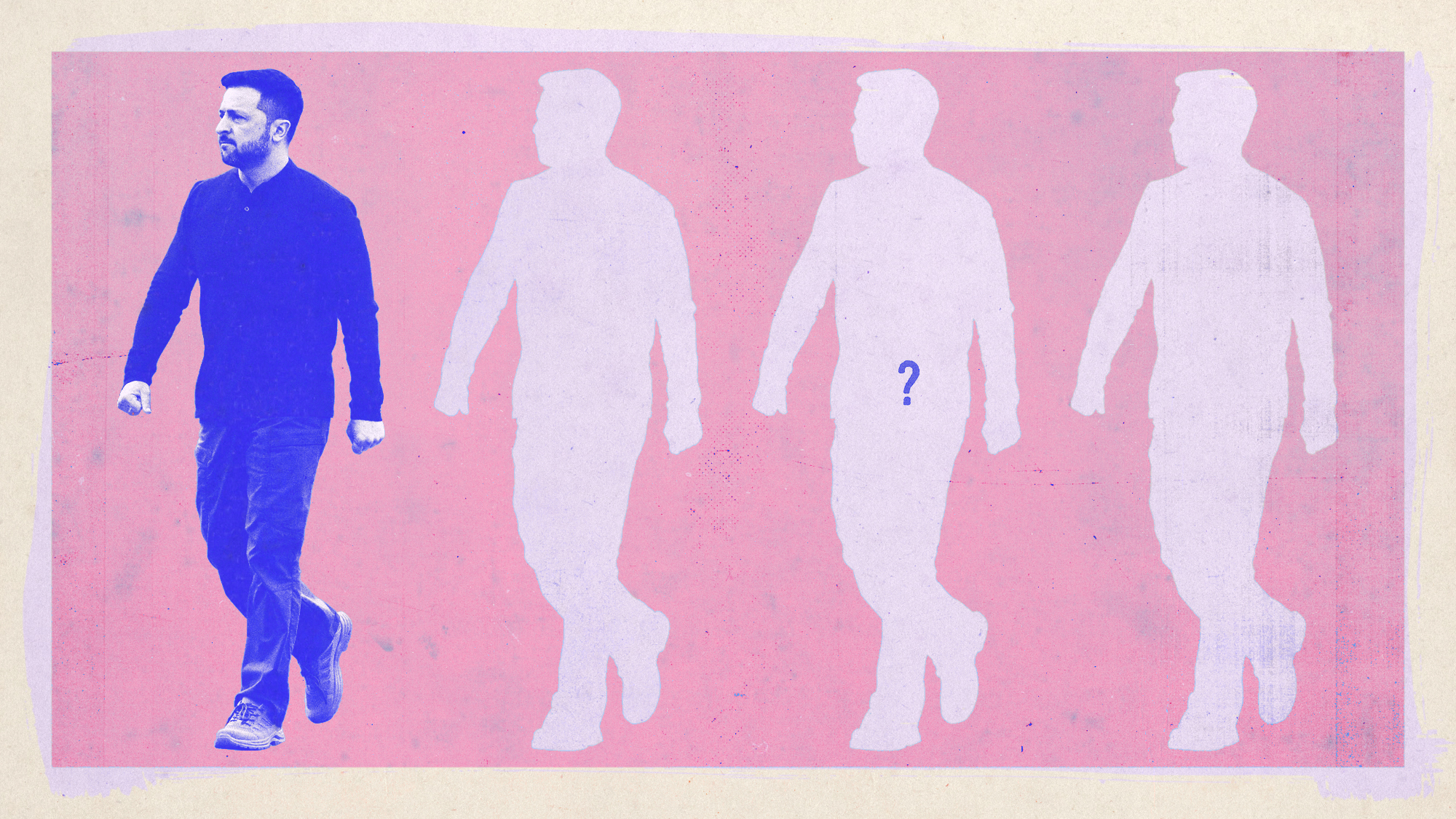 Ukrainian election: who could replace Zelenskyy?
Ukrainian election: who could replace Zelenskyy?The Explainer Donald Trump's 'dictator' jibe raises pressure on Ukraine to the polls while the country is under martial law
-
 Why Serbian protesters set off smoke bombs in parliament
Why Serbian protesters set off smoke bombs in parliamentTHE EXPLAINER Ongoing anti-corruption protests erupted into full view this week as Serbian protesters threw the country's legislature into chaos